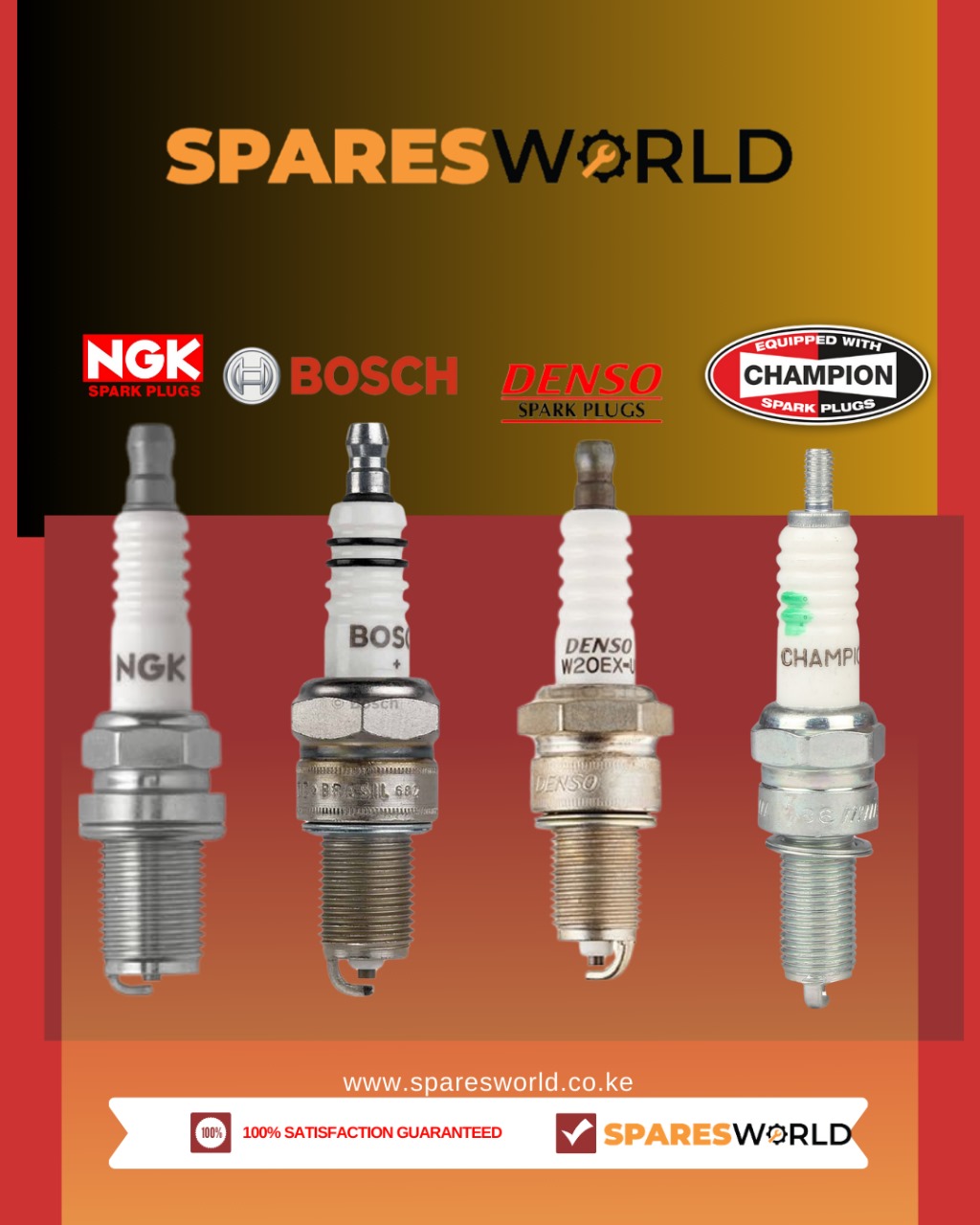How Often Should You Replace Your Spark Plugs?

Are you wondering when you need to replace your spark plugs to keep your engine running smoothly? Discover the signs and schedule for optimal performance.
Understanding the Role of Spark Plugs in Your Engine
Spark plugs are crucial components in your vehicle's ignition system. They create the spark necessary to ignite the air-fuel mixture in the engine's combustion chamber. This ignition process is what powers your vehicle and keeps it running.
Without properly functioning spark plugs, your engine would not start or run efficiently. They are responsible for delivering electric current from the ignition system to the combustion chamber, igniting the compressed air-fuel mixture with an electric spark, thereby providing the necessary explosion that drives the engine's pistons.
Signs Your Spark Plugs Need to Be Replaced
One of the most common signs that your spark plugs need to be replaced is a noticeable decline in your vehicle’s performance. This can manifest as difficulty starting the engine, sluggish acceleration, or a decrease in fuel efficiency.
Other signs include rough idling, engine misfires, and unusual noises during engine operation. If you experience these issues, it's a good idea to check your spark plugs or have a professional do it for you.
Manufacturer Recommendations for Spark Plug Replacement
Different vehicle manufacturers have varied recommendations for when to replace spark plugs. Typically, most suggest replacement between 30,000 and 100,000 miles, depending on the type of spark plug and the make of the vehicle.
It's essential to consult your vehicle's owner's manual for specific guidelines. Newer vehicles often come equipped with long-life spark plugs made from materials like iridium or platinum, which can last longer than traditional copper spark plugs.
Factors That Can Affect Spark Plug Lifespan
Several factors can influence the lifespan of your spark plugs. Driving conditions such as frequent short trips, stop-and-go traffic, and extreme weather can cause spark plugs to wear out faster.
Additionally, the type of fuel you use and the overall condition of your engine play significant roles. Engines that burn oil or have other underlying issues can cause spark plugs to foul and degrade more quickly.
Tips for Maintaining and Checking Your Spark Plugs
Regular maintenance can help extend the life of your spark plugs. This includes routine inspections and cleaning to ensure they are free from deposits and corrosion.
Using the correct type of spark plugs as recommended by your vehicle's manufacturer is also crucial. When inspecting spark plugs, look for signs of wear such as worn electrodes or deposits. Replacing them before they fail completely can prevent engine damage and maintain optimal performance.

 Loading..
Loading..